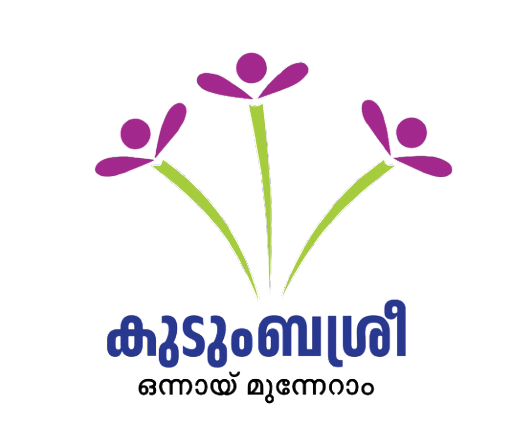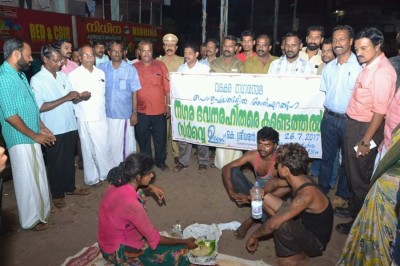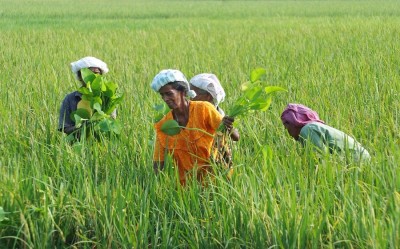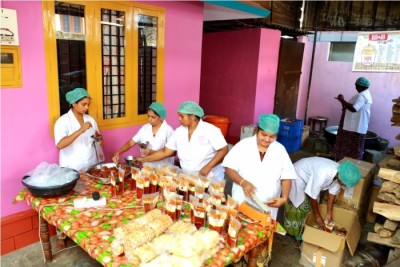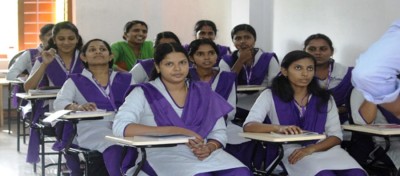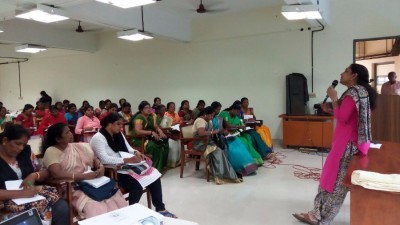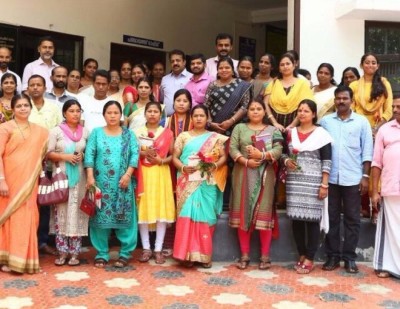Learning Visits to Kudumbashree, the State Poverty Eradication Mission, Kerala
When it comes to the socio-economic and women empowerment aspects, Kudumbashree’s development experience in Kerala is gaining relevance as a replicable model for the rest of the world. In this background, Government of India recognized Kudumbashree as a National Resource Organisation in the year 2013 and has a partnership with 13 states/ Union Territories by the year 2017-18.
The Government of India, with its National Rural Livelihood Mission (NRLM) interventions in Rural areas, is about to witness a paradigm shift in the development praxis, through an emphasis being made on the Convergence of its Community Based Organisations (CBO) with the Panchayati Raj Institution (PRI)s and with the promotion of Start up Village enterprises.
With the objective to learn the best practices from Kudumabshree, the respective State Rural Livelihood Missions are taking a lead role by getting their Community Based Organisations’ leaders, PRI Representatives and district level officials on learning visits to Kerala.
As part of this, approximately 500 participants altogether from the states of Tripura, Jharkhand, Orissa, West Bengal, Rajasthan, Bihar, Tamil Nadu, Andhra Pradesh, Goa, etc. are in the process of acquiring knowledge on various projects and programs implemented by Kudumbashree. Since April 2017, there marked a huge flow of participants to Kudumbashree.
Each team is here to learn how the Local Economic Development is happening with the support of Gram Panchayat, how the peoples’ participatory planning platforms like gram sabhas form the base for Gram Panchayat Development Planning Process, how various project activities are being planned and implemented by converging with Gram Panchayats and transferred institutions, how the left out poor are been covered under various kudumbashree programs, how the GP finds its own fund, and so on. Apart from this, Ashraya Project, BUDS School, BRC, Nutrimix Units, Micro Enterprises, Joint Liability Groups for agricultural activities, Apparel Parks, Animal Husbandry programs like ‘Aadugramam and Ksheerasagaram’, are major areas of emphasis. The visit to various departmental offices such as Agricultural office, Anganwadi, Veterinary office, PHC, etc. is helping the teams in knowing the power of Gram Panchayat in framing developmental programs for the welfare of its people.
Kudumbashree NRO coordinates all such visits to Kudumbashree, initiating the spark within the community and the implementing officers, what is then taken back to their own state for being replicated.










